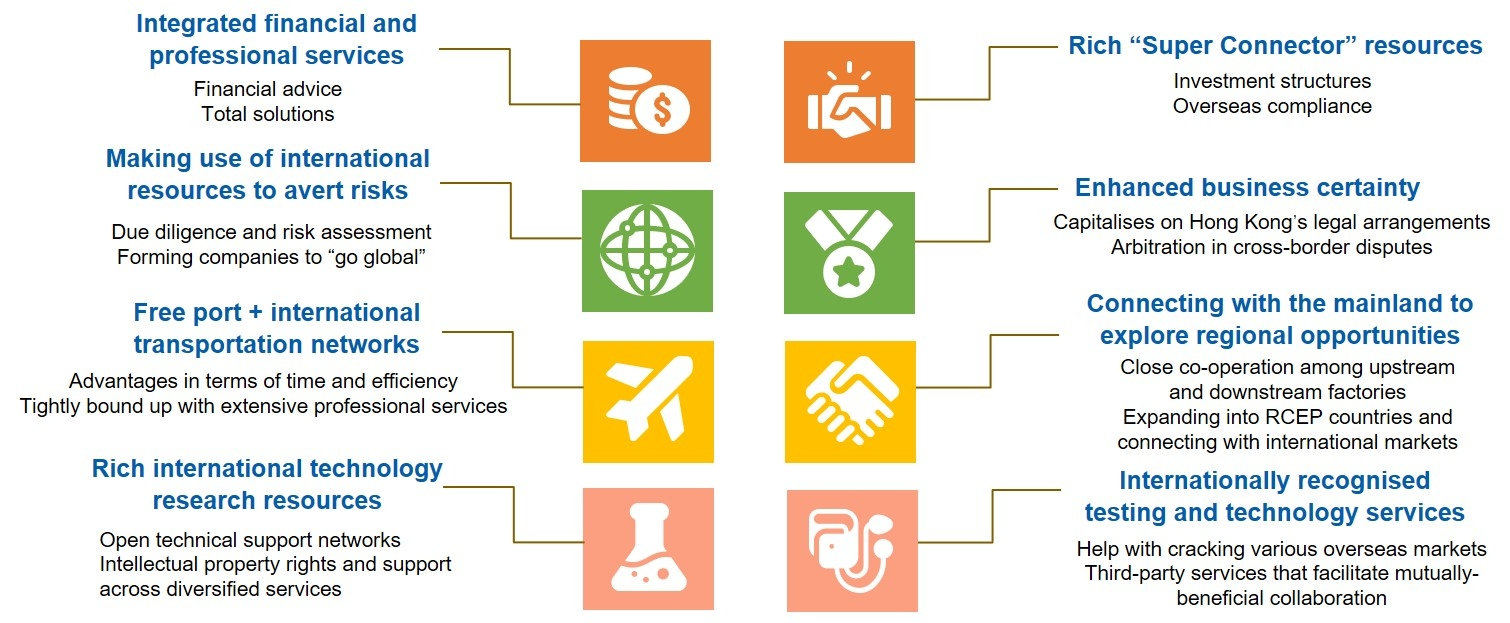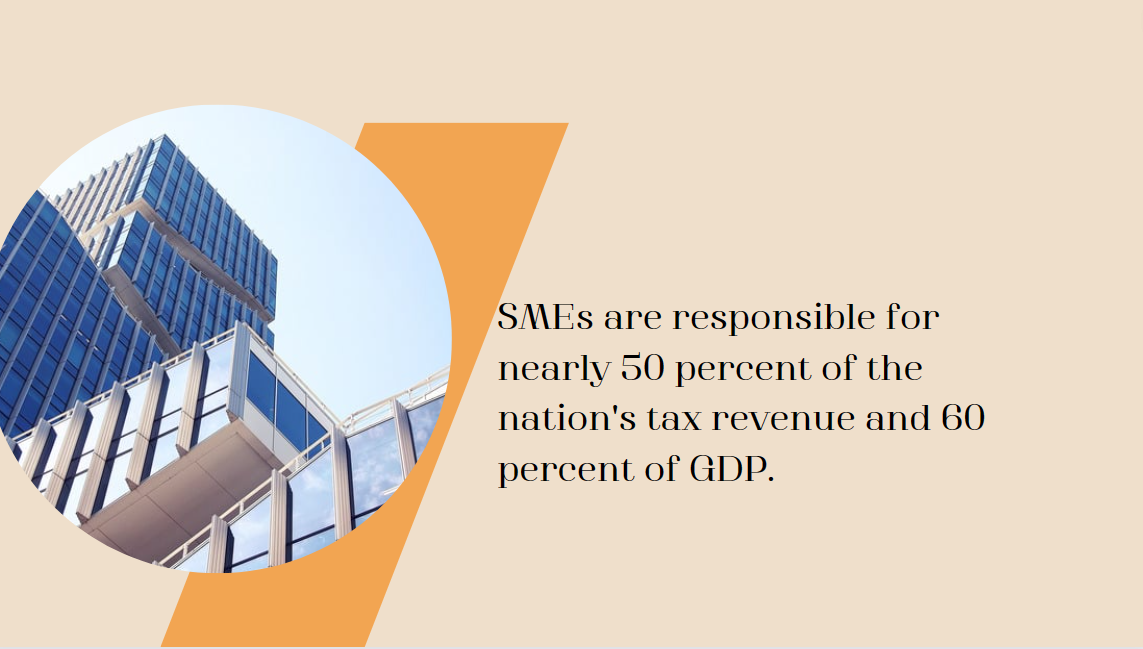Hong Kong: The Premier Platform for Mainland Companies to Expand into the BRI and RCEP Markets
Hong Kong serves as a gateway for mainland enterprises to “go global” and develop the markets along the routes of the Belt and Road Initiative (BRI) as well as those in other overseas territories. It is also the preferred platform for such enterprises to seek professional services outside of the mainland. To mark the 10th anniversary of the BRI, the HKTDC recently conducted a questionnaire survey in the Greater Bay Area (GBA) and the Yangtze River Delta (YRD) region to learn about these mainland enterprises' current “going‑out” strategies.
The survey found that, as the global economy is recovering slowly from the pandemic and with many of the traditional overseas markets impacted by geopolitical conflicts, business challenges are growing. Many mainland enterprises are, therefore, adjusting their “going‑out” strategies. They are exploring new markets and tapping into new business opportunities more vigorously, especially overseas markets within the remit of the Regional Comprehensive Economic Partnership (RCEP) and in the BRI regions.
- Of the mainland enterprises that responded to the survey, 83.9% said they faced a host of challenges, including geopolitical tensions, insufficient market demand and difficulties in financing.
- In view of the growing difficulties in conducting business in the traditional overseas markets, many mainland enterprises are more enthusiastic about developing new international opportunities. Almost 90% of respondents said they planned to do so in the next 1-3 years.
- 72.8% of enterprises surveyed said they hope to tap opportunities in the RCEP and BRI markets:
- 71.6% are interested in doing business with the 14 RCEP member countries other than China.
- 64.3% wish to enter BRI-related emerging markets, including those in the Middle East, Central and Eastern Europe, South America and Africa.
- Mainland enterprises are focused on developing international business in four areas: logistics and transportation (28.8%), marketing and sales (26.9%), setting up factories (23.3%), and overseas sourcing (15.9%). The responses indicate that mainland enterprises wish to complement their domestic industrial advantages by accessing overseas resources and supply chains.
- If mainland enterprises are to succeed in developing more international business opportunities, they will need extensive professional services support to help them plan their operations and avoid risks. The survey revealed that the most in-demand services among go-global mainland enterprises are marketing and e-commerce (97%), financing and risk management (89.9%), service support in relation to product standards and ESG (89.2%), and services related to tax planning and overseas compliance (88%).
- Hong Kong is, accordingly, the premier platform for helping mainland enterprises “go global”. The survey showed that 62.1% of mainland enterprises looking to expand internationally would choose Hong Kong’s professional services, while 47.7% said they would look for service support from various mainland provinces and cities (more than one option could be chosen). Most of the respondents operating primarily in the GBA said they would prefer Hong Kong’s services, whereas those operating in the YRD were inclined towards using the professional services of both Hong Kong and Shanghai.
HKTDC’s research reveals that Hong Kong providers are currently offering an array of professional services to help mainland enterprises looking to go global. These include the following:

One of China's national strategic goals is that mainland enterprises should leverage Hong Kong as a platform to “go global”. The 14th Five-Year Plan (14th FYP) stresses that joint efforts should be made to ensure steadfast and successful BRI development. It also supports the participation of Hong Kong and Macao in aiding the comprehensive opening up of China and the modernisation of its economic system. Meanwhile, the two SARs have been encouraged to build functional platforms to support BRI projects.
The Outline Development Plan for the Guangdong-Hong Kong-Macao Greater Bay Area supports the deepening of co‑operation between Guangdong, Hong Kong and Macao in relation to Belt and Road development. This entails giving play to Hong Kong's leading role in the financial sector, establishing it as an investment and financing platform for BRI development, and supporting its evolution towards functioning as a service centre that offers BRI‑related project investment solutions and business dispute resolution.
As Hong Kong continues to deepen its co‑operation with the mainland and the global economy recovers further, it is expected that Hong Kong's advantages on all of these fronts will come ever more to the fore. With its extensive professional services and comprehensive international networks, the city's role as a “super‑connector” is also expected to come into greater focus as it continues to help mainland enterprises tap business opportunities in a variety of overseas markets.






















































First, please LoginComment After ~